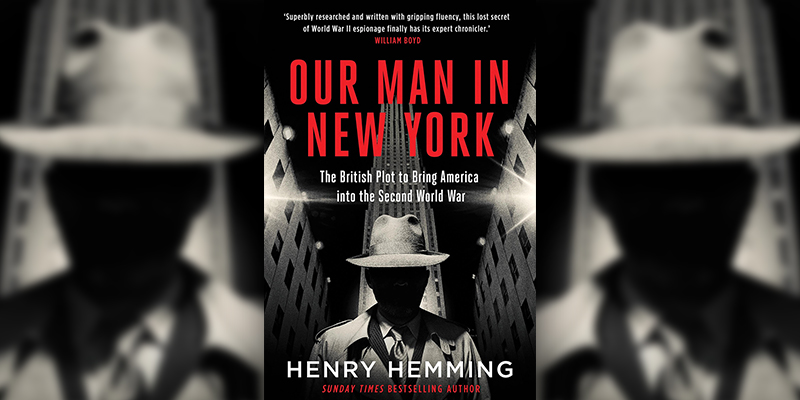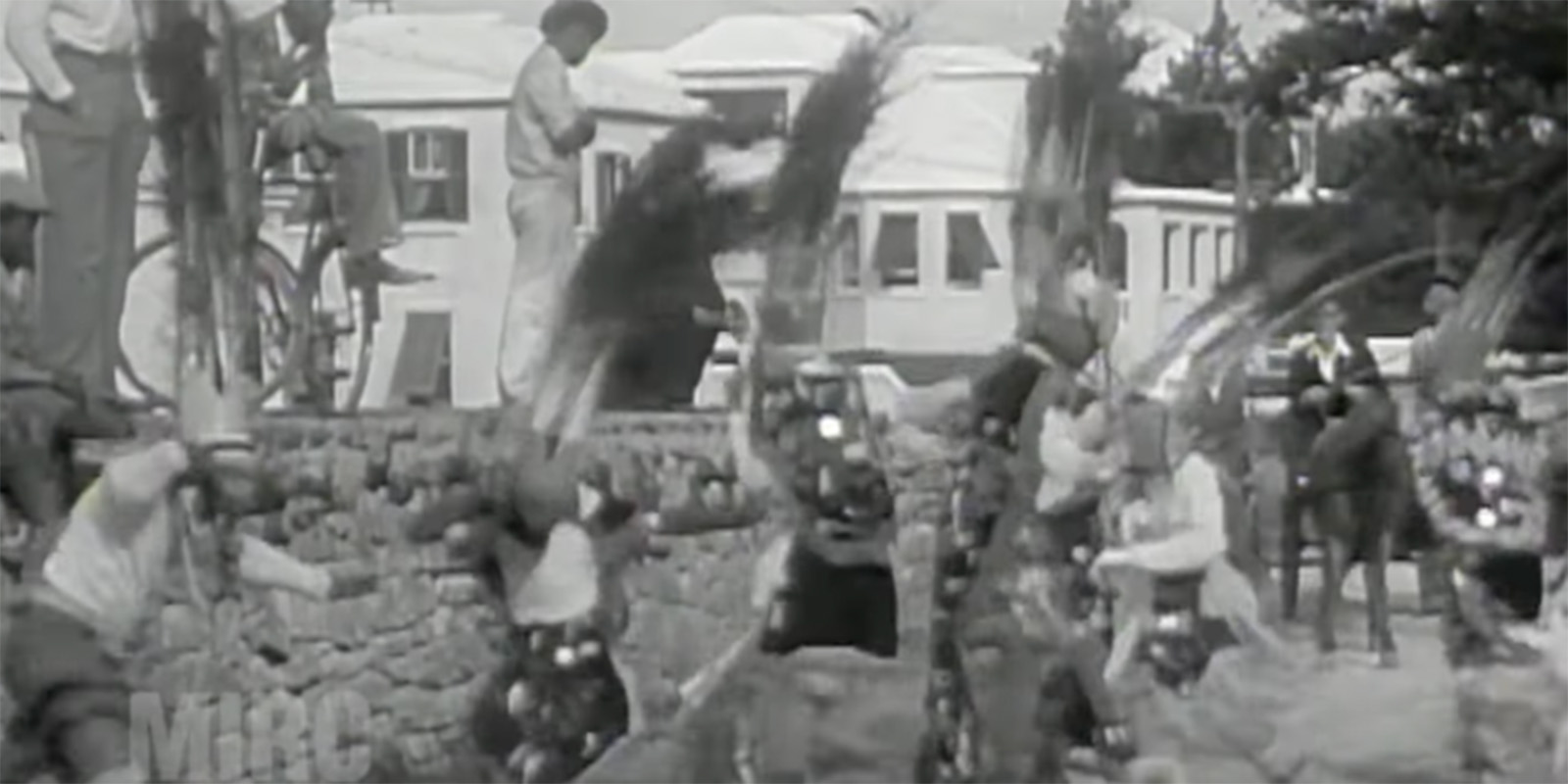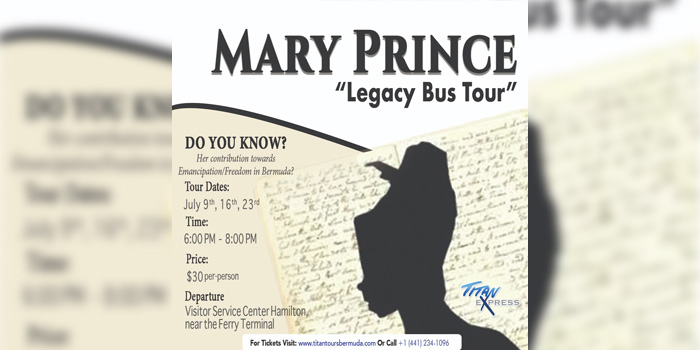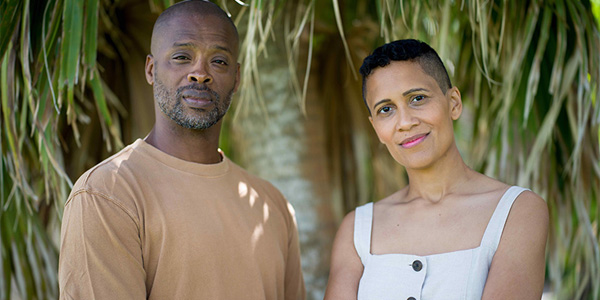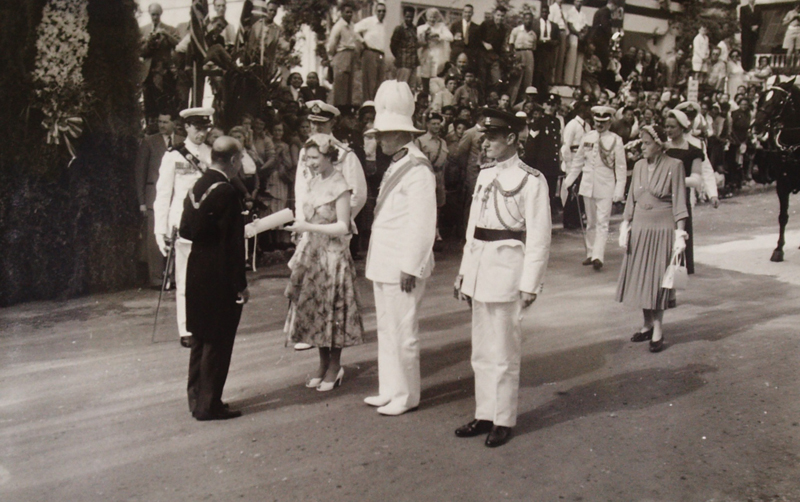He waged a counter-propaganda campaign against the Nazis in the US before America entered World War Two, often using evidence seized in Bermuda to bolster Britain’s argument that Adolf Hitler posed as much of a threat to the New World as he did to the Old.
And in the 1960s he retired to Bermuda, living for several years at the Princess Hotel before buying a home in Paget.
There was more than a hint of nostalgia about his initial choice of accommodation: the Princess had been headquarters to the Bermuda censorship operation he had supervised.
Requisitioned for wartime use, it was at the historic harbourside hotel that British agents routinely intercepted coded messages between Nazi agents in America and their German spymasters in the transatlantic mail which passed through the island.
Now Canadian-born industrialist and espionage chieftain Sir William Stephenson [1897-1989] is the subject of a major new biography being published this week [Sept 5], Our Man In new York: The British Plot to Bring America into the Second World War .
In June, 1940, fully 18 months before the US entry into World War Two [1939-1945], Sir William was dispatched to New York to run British Security Coordination [BSC], the umbrella organisation with overall responsibility for UK intelligence activities in the Western hemisphere.
With satellite operations in Bermuda and Canada, BSC liaised with US political, military and intelligence officials; collected evidence of Nazi espionage activities in North America; and fought a never-ending struggle in newspaper pages and on the airwaves against a strong and vocal isolationist lobby given to parroting German propaganda, a movement which wanted to keep America out of the European war.
The intelligence operatives who assisted Sir William in his efforts to secure positive US press coverage of the British war effort — along with critical reporting on the Nazis — included future authors Ian Fleming and Roald Dahl along with David Ogilvy, who went on to revolutionise the global advertising industry in the 1950s.
”People often ask me how closely the hero of my thrillers, James Bond, resembles a true, live secret agent,” said Mr. Fleming in his introduction to a 1962 biography of Sir William. “To begin with, James Bond is not in fact a hero, but an efficient and not very attractive blunt instrument in the hands of government … He remains, of course, a highly romanticised version of the true spy. The real thing, who may be sitting next to you as you read this, is another kind of beast altogether. …..
“Such a man is [Sir} William Stephenson …. He is the man who became one of the great secret agents of the last war, and it would be a foolish person who would argue his credentials …”
Drawing on previously unpublished documents, the primary focus of Our Man In New York is on Sir William’s campaign aimed at swaying American public opinion against Nazi Germany, an undertaking The Washington Post has said was “arguably the most successful [of its kind] in history.”
British biographer and journalist Henry Hemming notes at the conclusion of his book that even in the very twilight of his life in Bermuda Sir William had lost none of his ability to choreograph information to achieve a desired outcome.
“It is perhaps fitting that in the days before his death in 1989, he managed one final act of press manipulation,” says the author. “Fearing a media circus might follow the news, he arranged for the announcement to be held back for three days so his funeral could take place in peace.
“His instructions were followed and Sir William Stephenson was given the quiet send-off he desired, successful to the very end.”
You can read an extract from the new book here.
Our Man In New York can be ordered online here or through local bookstores.


